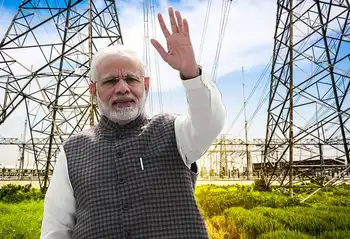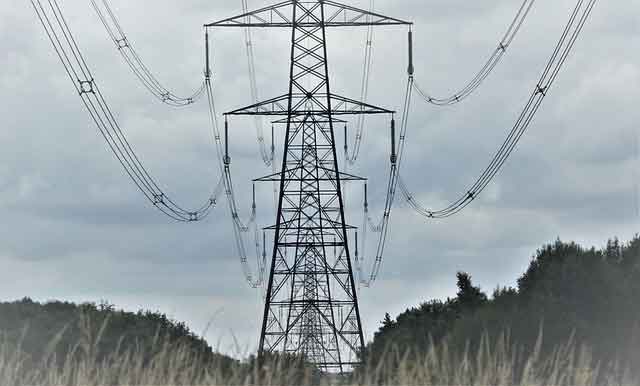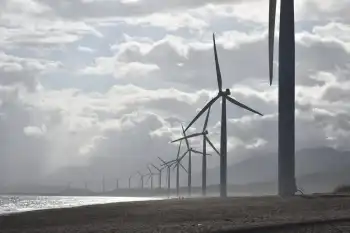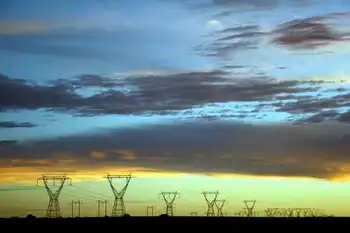$3 billion made available for renewable energy
The funding will help meet the White House's goal to double U.S. renewable energy production over the next three years and also provide companies with easier financing than many can obtain in the private sector where credit remains tight.
The money, from the economic stimulus package, will provide direct payments to companies in lieu of tax credits to support an estimated 5,000 biomass, solar, wind and other renewable energy production facilities.
The Treasury and Energy Departments announced the funding guidelines, which would provide each project with an average $600,000.
Previously energy companies could file for a tax credit to cover a portion of the costs of a renewable energy project. Under the new program, companies would forgo the tax credits in favor of an immediate reimbursement of a portion of the property expense, making funds available almost immediately.
"These payments will help spur major private sector investments in clean energy and create new jobs for America's workers," said U.S. Energy Secretary Steven Chu.
U.S. Treasury Secretary Tim Geithner said the program "will provide additional stimulus to economies in urban and rural America."
Energy companies will be able to apply for the money in coming weeks.
Related News

COVID-19: Daily electricity demand dips 15% globally, says report
LONDON - The daily demand for electricity dipped at least 15 per cent across the globe, according to Global Energy Review 2020: The impacts of the COVID-19 crisis on global energy demand and CO2 emissions, a report published by the International Energy Agency (IEA) in April 2020.
The report collated data from 30 countries, including India and China, that showed partial and full lockdown measures adopted by them were responsible for this decrease.
Full lockdowns in countries — including France, Italy, India, Spain, the United Kingdom and the midwest region of the United States (US) — reduced this demand for electricity.
Reduction in…





